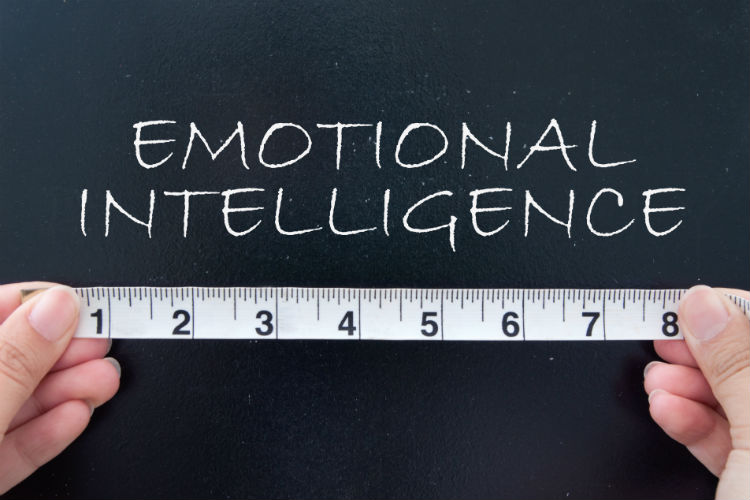
Our ‘EQ’ is a crucial measurement of our ability to understand ourselves and others and to identify and regulate emotion. In turn, this can predict our career success, our relationships and more so it is a highly valuable asset.
Emotional intelligence appears to correlate with IQ and it is generally thought that you can ‘train’ your emotional intelligence by learning to better understand the motivations and actions of others.
But while emotional intelligence can certainly be broken down into a series of learnable abilities, it is also strongly linked to our personalities and to neurological processes. In many ways, our capacity for understanding emotions and controlling our own is biological. Read on and we’ll look at how all this works…
Emotions
Our emotions are generally regulated by neurotransmitters and hormones that our body releases in response to a range of different stimuli. A good example is when the body releases endorphins or ‘feel good hormones’ that act as antidepressants and which help us to combat pain and stress. These are produced when we think about people we love, when we’re very happy and when we exercise. Meanwhile, we produce cortisol – the stress hormone – when we think about things that make us anxious or when we wake up to our alarm. We produce norepinephrine when we’re scared, melatonin when we’re tired and dopamine when we’re focused and motivated. Ultimately, these chemicals tell our brain how we should feel about certain things, whether we should remember them and how our body should respond.
But everyone has different levels of these chemicals meaning some people are naturally ‘happier’ than others. The good news is that tools like cognitive behavioral therapy can teach us to control our reactions to things by seeing them in a different way. This is the first step towards better emotional intelligence.
Empathy
Empathy it seems is controlled by ‘mirror neurons’ which fire in the brain when we see other people. When we see someone get rejected by their crush on TV, our mirror neurons fire and we feel sad. Likewise, when we see someone smiling at us, our mirror neurons fire and we produce serotonin and feel happier. This is what gives us empathy and it’s largely what makes possible many of our social interactions.
At the same time, when you see someone smile you will tend to automatically copy that gesture and smile yourself. This, in turn, can lead to something called ‘facial feedback’ which basically means we produce neurotransmitters that are in keeping with the expression we are pulling.
So if you want to feel better, just try smiling!
– Scott Blessing

